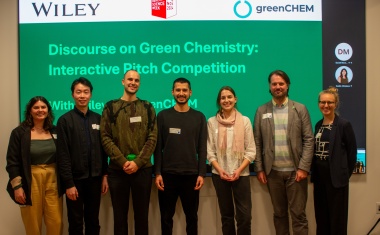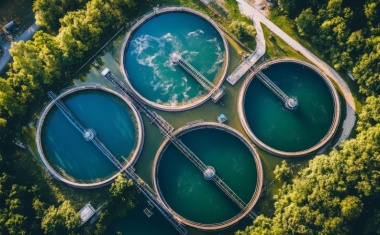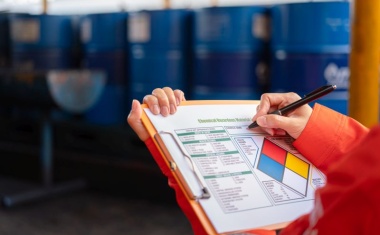It’s No Joke - Pickle Juice Cuts Costs at Dupont

Pickle juice isn't anything to laugh about at the Dupont site in Fayetteville, N. C., U.S. The sour-sweet-salty solution is reducing costs thanks to some creative thinking and partnerships with both a local vendor and a pickle company.
"While it sounds like something from the movie ‘Beetlejuice,' we use pickle juice as a substitute for sodium acetate," said Karen Wrigley, plant manager - Fayetteville Works. "To be precise, a by-product from the nearby pickle producer supplements our waste treatment plant biomass during slow production periods. That ‘juice' is reducing our variable costs by around $68,000 a year."
How did this come about? The business slowdown meant the site waste treatment facilities needed supplemental feeding of sodium acetate to the biomass to ensure its availability for sudden increases in process waste generation. To avoid additional costs, site leaders began exploring options.
That's when Steve Thomas, the site's Nalco representative, suggested pickle juice -- a mixture of acetic acid C2H4O2 (vinegar), salts (sodium chloride NaCl, calcium chloride CaCl2) and sugars -- from the nearby Mt. Olive Pickle Company. Tests determined the juice would work.
"This is a great example of partnering with a vendor to create a win-win solution for us and a neighboring company," Karen said. "Mt. Olive was able to eliminate disposal costs by shipping the juice to us, and we don't have to pay for it. The only cost to the site was for minor modifications to the feed system and shipping."
"Our waste treatment team was willing to think creatively to solve a problem," said area technology guardian Marlene Page. "The team's adherence to safety, health and environmental practices, while quickly seeking ingenious solutions to lowering costs is what makes Fayetteville Works wonderful!"








